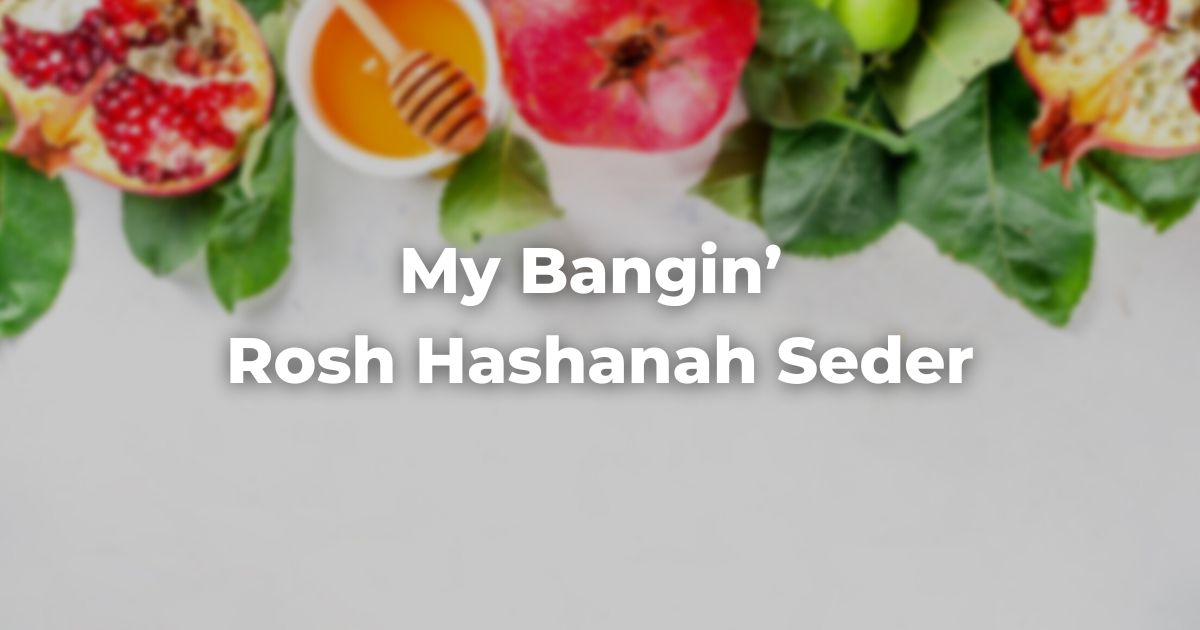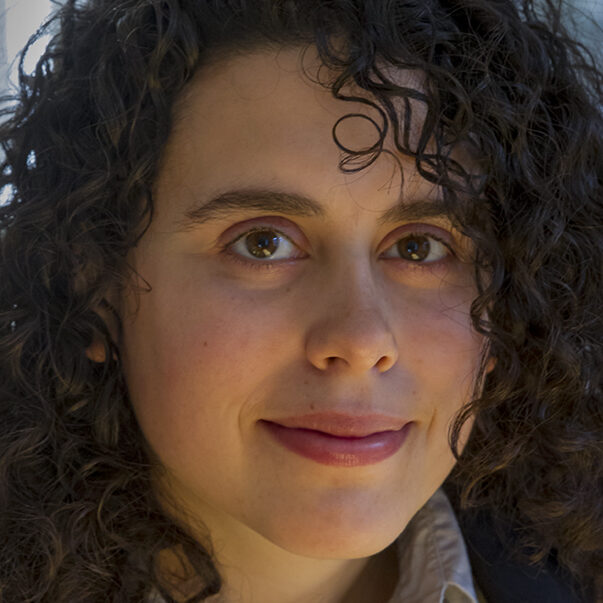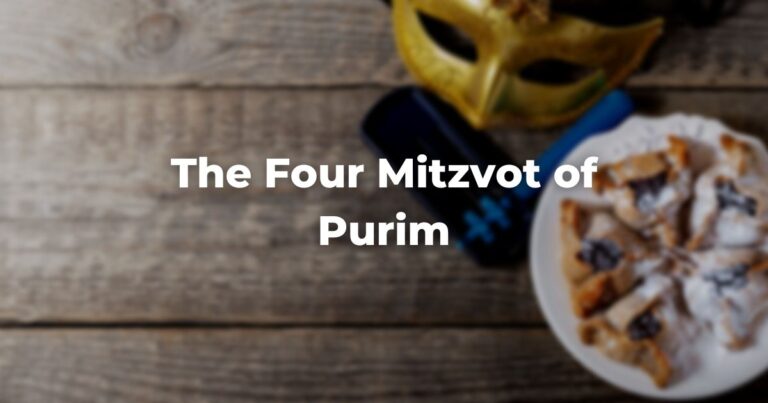Nothing gets you more in the mood for Rosh Hashanah than nearly falling face first into a table full of raw fish heads in the Machane Yehudah shuk. Though I have been told that these days the shuk is more high class dining than aggressive grannies pushing people into tables full of decapitated fish.
Since my Rehavia apartment in 2009, full of idealistic 20 year olds, was vegetarian only, I didn’t end up buying any heads. But I was in the shuk for High Holiday prep. I had to pick up a very specific assortment of ingredients: squash, beets, leeks, green beans, and more for my Rosh Hashanah Seder.
What is a Rosh Hashanah Seder?
Like much of Jewish practice, the Rosh Hashanah Seder is a delightfully elaborate production balanced on a thread of text.
In the Babylonian Talmud, Horayot 12a Rabbi Abaye lists foods which should be eaten for Rosh Hashanah as a good omen. Squash, fenugreek, leeks, chard and dates all grow prolifically and therefore symbolize prosperity for the new year.
Slowly but surely this list was supplemented with other “good omen” foods, collectively called simanim (symbols). Pomegranates were believed to have 613 seeds, symbolizing all the mitzvot to perform in the new year. Those delightful fish heads (or even goat heads) promise success and good leadership: that we may be the head and not the tail in the coming year.
It became a custom, which until recently has mainly been preserved and performed by Sephardi and Mizrahi Jews, to eat these foods one by one on the first night of Rosh Hashanah while reciting blessings for the new year.
Serving Up Dad Jokes for Dinner
That Rosh Hashanah in Rehavia was my first time participating in a Rosh Hashanah Seder–and I was mainly into it for the novelty of exploring an alte-noi Jewish custom. It also seemed like a great way to plan a Rosh Hashanah banquet–from squash kugel to leek quiche (read: idealistic twenty-year-olds who clearly did not have enough employment at the time).
But I have continued this tradition in my family over the years because of how the Rosh Hashanah Seder fuses my poetic and Jewish self. The traditional blessings and well-wishes associated with each food are carefully crafted puns. For example, leeks in Hebrew are karti. And the blessing: May it be Your will, God, that our enemies be cut off–yikartu.
Of course, some of the traditional puns get a little repetitive: a lot of beeting our enemies, if you know what I mean. But as a fellow poet, logophile, or lover of dad jokes, you will find that this ritual leaves a lot of room to jump right in.
A good friend shared with me that his family always serves celery “to increase our salary in the New Year.” We’ve adopted that one with good results.
Another (slightly more spiritual) resource is Donna Maher’s list of contemporary simanim blessings, which includes such gems as:
- Leeks — To cut off enemies: What personal traits or self-sabotaging habits are no longer serving me?
- Dates — “To end our enemies” or “Simplicity/innocence”: In what area/towards whom can I practice more compassion? In what ways do I want personal growth?
Author
-

Emily Jaeger is a poet and professional writer based in Wilmington, North Carolina. Her work has appeared in Insider, News Courier, and JTA among others. https://emilyjaeger.com/




